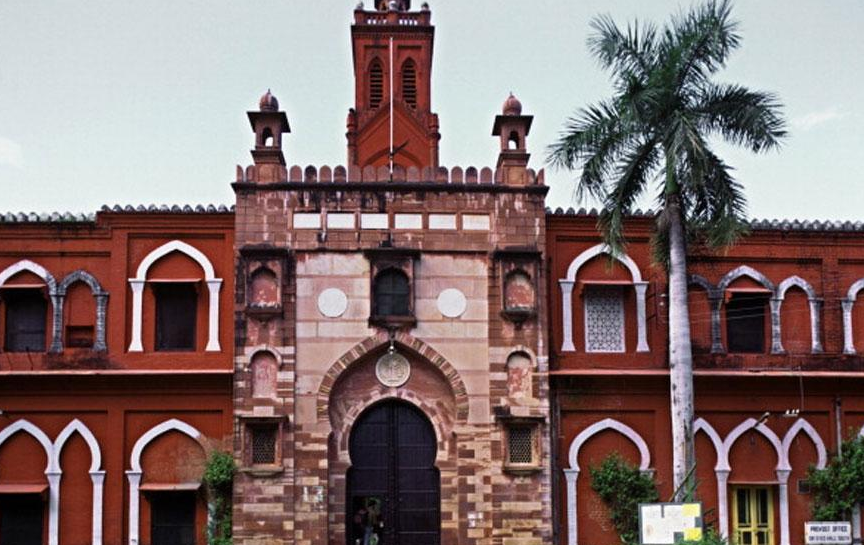Nithyakalyani Narayanan. V
On January 30th, the Supreme Court held that Parliament alone has the authority to recognise history and historical events through legislative action. Chief Justice of India DY Chandrachud and Justices Sanjiv Khanna, Surya Kant, JB Pardiwala, Dipankar Datta, Manoj Misra, and Satish Chandra Sharma comprised the Constitution Bench, which resumed hearing the batch of petitions on Aligarh Muslim University’s (AMU) minority status yesterday. During the hearings, the CJI stated that acknowledging the historical reality that the AMU was founded by Muslims in India was the aim of the 1981 AMU Amendment Act. The case’s hearing entered its sixth day on January 30th.
The Central government’s Solicitor General (SG), Tushar Mehta, who concluded his arguments today, claimed that the Minister had stated that it was included in the election manifesto. He warned the Bench of the risk if the Parliament were allowed to acknowledge history that occurred hundreds of years ago. The CJI then retorted that while the same is within the exclusive purview of the parliament, its constitutionality must be considered.
The SG stated at the outset of his submissions that when a statute is put into effect, everything that was in place before it is eliminated and replaced with the new Act. According to the CJI, this would depend on the specifics of the act, which may be one that states clearly that its effects will be “irrespective of the past”, “curing statutes”, or “altering statutes”. The CJI ruled that such a wide reading was not possible.
According to Justice Khanna, the 1981 amendment was introduced to change the Act in a way that rendered the logic presented in the Azeez Basha ruling irrelevant. SG Mehta continued to argue that extremely stringent standards must be used by courts in determining whether a university is a minority institution.
Senior Advocate Rakesh Dwivedi then started his remarks by arguing that being a Muslim and being a minority are two separate things. He was presenting on behalf of a private respondent named Vivek Kasana. The CJI noted that in this instance, the case concerns whether AMU was a minority institution at the time. Justice Khanna continued by stating that the day on which the Constitution came into force will determine who is the majority and minority.
The CJI further stated that it was important to look into the historical justifications for Muslims’ classification as a minority. He explained that it was a safeguard to the minority that they would be protected, and one of the provisions of Article 30 is that they are allowed to set up their own educational establishments.
The hearing will resume on January 31.
Name of the case: Aligarh Muslim University Through its Registrar Faizan Mustafa v Naresh Agarwal and Ors.
Bench: CJI DY Chandrachud, Justice Sanjiv Khanna, Justice Surya Kant, Justice J B Pardiwala, Justice Dipankar Datta, Justice Manoj Misra, and Justice Satish Chandra Sharma.
Click here to access the previous articles on AMU’s minority status.
Click here to access the previous articles on AMU’s minority status.

